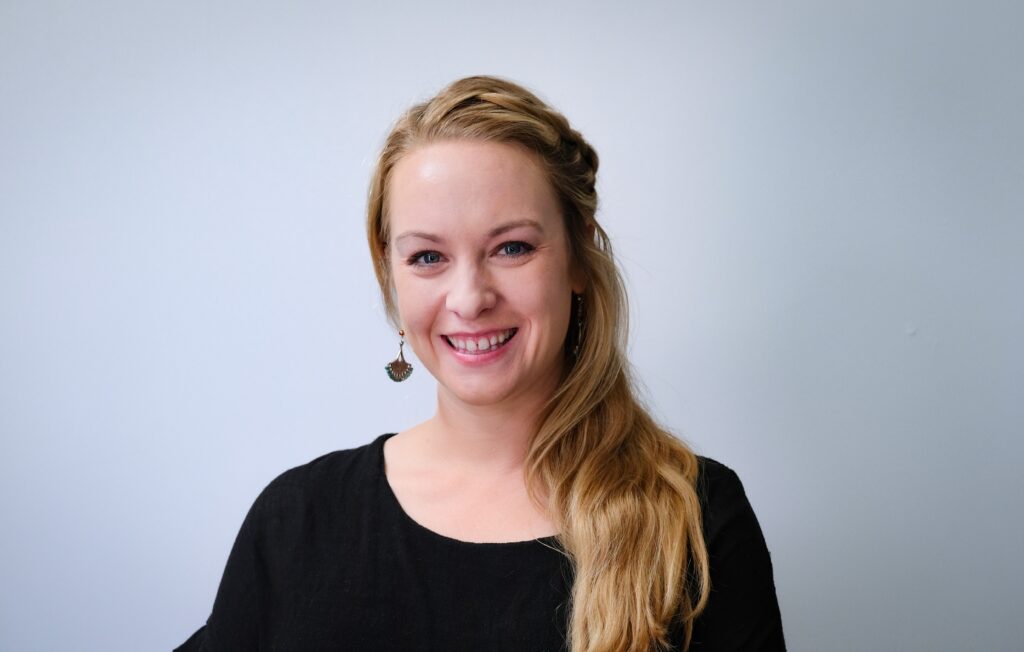9 Signs It’s Time to Seek Therapy for Your Adopted Child

Children face a variety of life stressors, and adoption can bring even more challenges and complexity to a child’s life. As a parent, it’s important to be attuned to your child’s needs. How can you recognize when your child might benefit from professional help? Here are 9 signs that it may be time to seek therapy for your adopted child.
Persistent Mood Changes
If your child shows prolonged sadness, irritability, or mood swings that last for weeks, it may signal deeper emotional struggles. Children from adoptive backgrounds can have complex feelings related to their history. For example, adopted children can be processing feelings of loss related to birth family, culture, and general lack of information. This might manifest in persistent mood changes. Therapy can help them process these emotions.
Difficulty Coping with Change
Children who have experienced significant life changes, such as transitioning into a new home or adjusting to a new family dynamic, may struggle to adapt to changes as they get older. If your child finds it hard to cope with change, therapy can offer them support and strategies to navigate their emotions.
Increased Anxiety or Worry
If your child exhibits excessive anxiety about everyday situations, school, or social interactions, it might be linked to their adoption experience. One instance might be their need for perfectionism or over-achievement. This could look like your child pushing themselves excessively in school, sports, or other activities, driven by a need for approval or fear of failure. This can be a coping mechanism for their underlying stress and anxiety. A therapist can help them understand and manage their fears, providing them with more effective coping strategies.
Struggles with Self-Worth
Feelings of worthlessness or self-doubt can be more prevalent in adopted children, especially if they grapple with their identity or connection to their birth family. Therapy can help your child build self-worth and develop a healthier understanding of themselves.
Physical Complaints with No Clear Cause
Unexplained physical symptoms, such as headaches or stomach aches, can sometimes stem from emotional distress, particularly in children who have experienced trauma or loss. If your child frequently reports physical issues without a medical explanation, consider consulting a therapist.
Social Withdrawal
A sudden decrease or withdrawal socially can indicate that your child is grappling with internal conflicts. The child might avoid social situations, pull away from peers, or refuse to participate in activities they once enjoyed. They may become shy, avoidant, or reluctant to engage in family or school activities. They might experience feelings of not fitting in, low self-esteem, or worries about being judged or rejected by others. Your child might express that they don’t feel like they “belong.” Therapy can help them express their feelings and reconnect with others.
Changes in Academic Performance
If you notice a drop in your child’s grades or a lack of interest in school, it’s crucial to explore the reasons behind these changes. Emotional distress, often linked to adoption-related challenges, can impact academic performance. A therapist can help address these underlying issues.
Behavioral Issues
Frequent outbursts, aggression, or defiance can be signs that your adopted child is struggling to manage their emotions. Children may regress to earlier developmental stages as a response to anxiety. For example, a child who had outgrown bed-wetting may start doing so again, or they might want to be carried or babied more often. Another instance might be increased neediness, like wanting to sleep with parents, or acting younger than their age, are common signs of anxiety, as they seek comfort in earlier, more secure behaviors. A therapist can provide your child with tools to cope with their feelings and behavior.
A Need for Support
Sometimes, children simply need someone to talk to who can provide another perspective. Talking to someone outside their immediate family or daily circle can offer a fresh viewpoint and a safe space to express themselves more freely. Sometimes children hesitate to share their deepest thoughts and feelings with their parents, fearing they might hurt them or be misunderstood.
Having an outside confidant, like a trusted adult, teacher, mentor, or therapist, gives them the freedom to express emotions without fear of judgment. This person can offer perspective on issues like identity, belonging, or even day-to-day challenges in a way that doesn’t feel as emotionally charged as conversations with parents might. If you sense your adopted child could benefit from a safe space to express themselves, a therapist can offer the support they need.
Conclusion
Recognizing when your adopted child might benefit from therapy is crucial for their emotional and mental wellbeing. Approach this decision with compassion, reassuring your child that seeking help is a positive step. If you’re considering therapy, consult with a mental health professional, like ACI, who specializes in adoption-related issues. Early intervention can make a significant difference. Therapy can help your child develop the skills and resilience they need to thrive in their journey. Remember, you’re not alone in this. Many families face similar challenges, and seeking help is a sign of strength for both you and your child. If you’re interested in learning more about ACI’s adoption-competent therapy, we’d be happy to speak with you and see if we are a good fit to assist you and your child.

